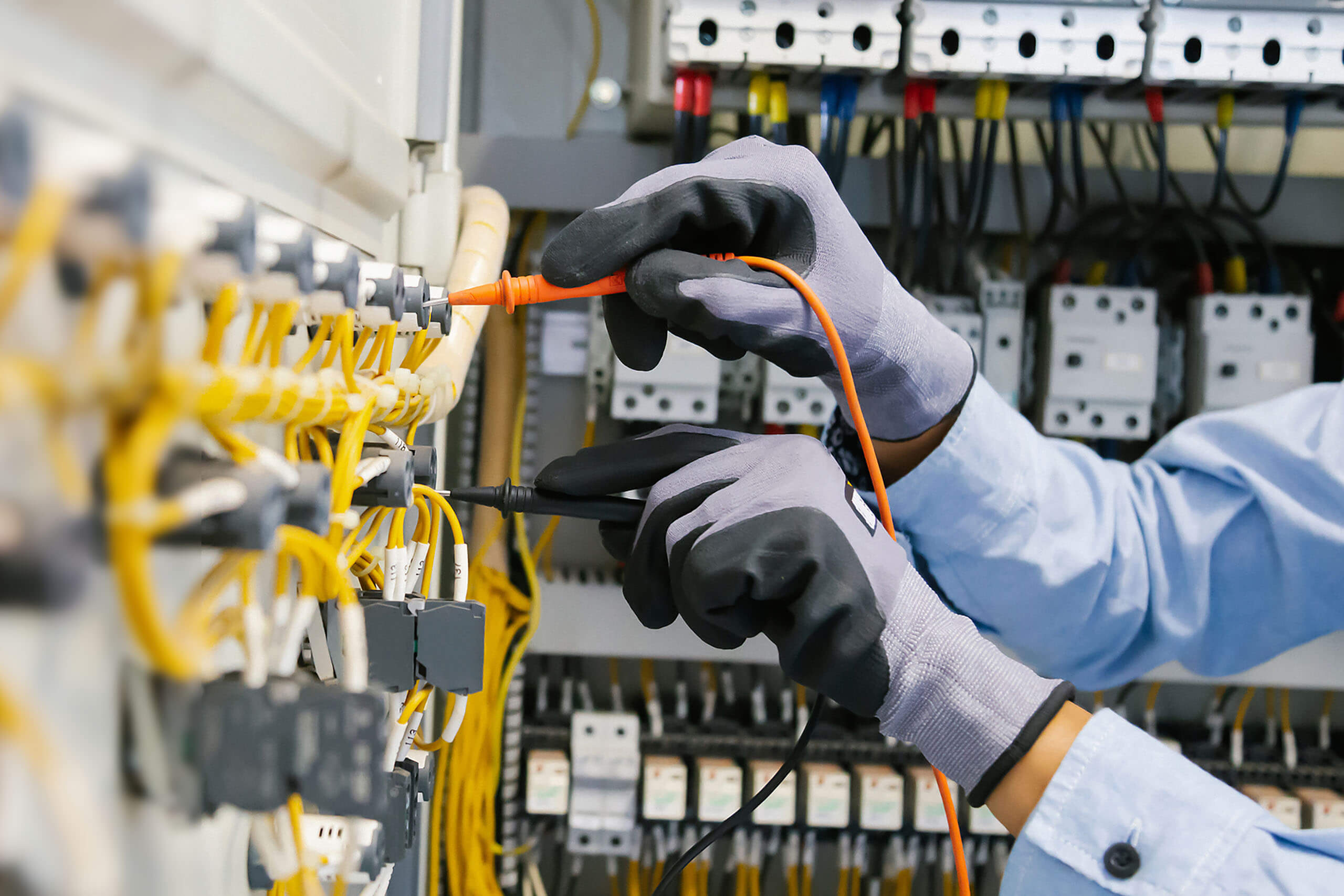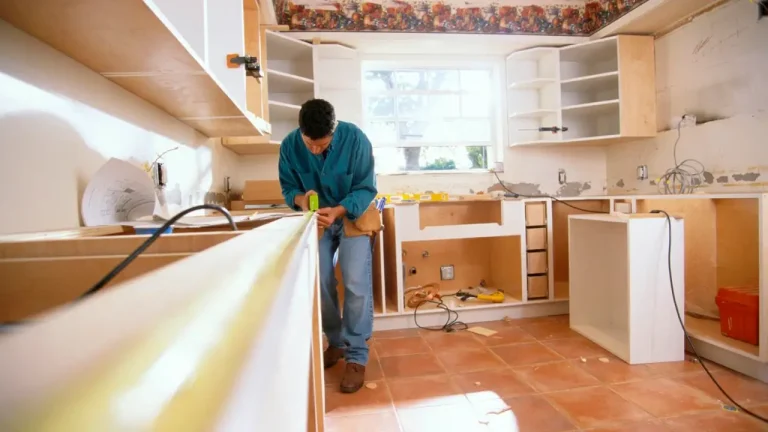How to Prepare for an Electrical Inspection in Kenner
An electrical inspection is essential for ensuring that your home or business meets safety standards and complies with local electrical codes. Whether you are buying or selling a property, completing a renovation, or installing new electrical systems, an inspection helps identify potential hazards and ensures that your wiring, outlets, and electrical panels function correctly. Proper preparation can streamline the inspection process and prevent costly delays or failed assessments.
If you need professional assistance before an inspection, a Kenner electrician can help assess your electrical system and make necessary upgrades or repairs. A qualified electrician can ensure your home meets local regulations and avoids common issues that might lead to a failed inspection.
Why Electrical Inspections Are Important
Electrical inspections serve several crucial purposes, including:
- Ensuring compliance with the National Electrical Code (NEC) and local building regulations.
- Identifying outdated or faulty wiring that may pose safety risks.
- Preventing electrical fires, shocks, or power failures caused by overloaded circuits.
- Confirming that new installations or renovations are up to code.
- Providing peace of mind for homeowners, buyers, and businesses.
Whether you are preparing for a routine inspection or a final approval after renovations, following the right steps will help you pass without complications.
Steps to Prepare for an Electrical Inspection
1. Review Local Electrical Codes
Electrical codes vary depending on state and city regulations, and Kenner follows specific guidelines based on Louisiana’s electrical safety standards. Before your inspection, review local requirements to ensure your electrical system aligns with necessary regulations.
If you are unfamiliar with electrical codes, consulting a licensed electrician can help you understand what needs to be done.
2. Check Your Electrical Panel
Your electrical panel (breaker box) is a critical component of your home’s electrical system. Before an inspection, ensure that:
- The panel is labeled correctly, with circuits matching the appliances or areas they control.
- There are no signs of rust, burn marks, or loose wiring inside the panel.
- The panel is easily accessible and not blocked by furniture, boxes, or other obstructions.
An outdated or overloaded panel may require an upgrade before passing an inspection. If you have an older panel with fuses instead of breakers, consider replacing it with a modern system for improved safety and compliance.
3. Test Outlets and Switches
Inspect all electrical outlets and switches throughout your home to ensure they are working properly. Common issues to address include:
- Loose or damaged outlets – Replace any broken or worn-out outlets that may cause sparks or unreliable power.
- GFCI outlets in required areas – Kitchens, bathrooms, garages, and outdoor areas must have Ground Fault Circuit Interrupter (GFCI) outlets for safety.
- Properly grounded outlets – Ensure all outlets are grounded to prevent electrical hazards.
- Functional switches – Test all light switches and replace any that are faulty or flicker when turned on.
4. Inspect Wiring for Safety Issues
Faulty or outdated wiring is a leading cause of electrical failures and fires. Before your inspection, check for:
- Exposed or frayed wires that may need to be replaced.
- Properly secured wiring in junction boxes.
- Signs of overheating, such as discoloration or burning smells near outlets or appliances.
- Aluminum wiring (common in older homes) that may need special connectors to prevent overheating.
If you have outdated or damaged wiring, hire an electrician to replace it with modern, code-compliant materials.
5. Verify Proper Circuit Load Distribution
Overloaded circuits can cause frequent tripping of breakers and are a common reason for inspection failures. Make sure:
- High-energy appliances like refrigerators, microwaves, and HVAC systems have dedicated circuits.
- Circuits are not overloaded with too many devices plugged in at once.
- Your breaker box has room for expansion if needed.
An electrician can assess whether your home’s electrical load is properly balanced and recommend upgrades if necessary.
6. Secure All Electrical Boxes and Covers
Electrical boxes house wiring connections and must be properly covered to prevent shock hazards. Before your inspection:
- Ensure all electrical boxes have secure, fitted covers.
- Replace missing or damaged outlet covers and switch plates.
- Verify that ceiling fan or light fixture boxes are securely mounted.
7. Test Smoke and Carbon Monoxide Detectors
Your home must have functioning smoke and carbon monoxide detectors to pass an inspection. Ensure that:
- Smoke detectors are installed in every bedroom and on each level of the home.
- Carbon monoxide detectors are installed near sleeping areas and fuel-burning appliances.
- All detectors have fresh batteries and are in working order.
8. Check Outdoor Electrical Installations
If your property includes outdoor electrical features, such as security lights, pool wiring, or landscape lighting, ensure these installations meet safety standards. Key points to check include:
- Outdoor outlets are covered with weatherproof covers.
- Wiring for outdoor lighting is buried properly or secured in conduits.
- Pool and spa wiring is GFCI-protected and up to code.
9. Declutter Electrical Spaces
Make sure the inspector has clear access to all electrical components. Move furniture, boxes, or other obstacles away from:
- Electrical panels
- Junction boxes
- Outlets and switches
An organized and accessible space allows the inspector to complete the review quickly and efficiently.
10. Hire an Electrician for a Pre-Inspection Check
If you are unsure whether your electrical system will pass an inspection, hiring a professional for a pre-inspection assessment can be beneficial. A licensed electrician can:
- Identify potential code violations.
- Perform necessary repairs or upgrades before the official inspection.
- Ensure all wiring, circuits, and safety features are compliant.
What Happens During an Electrical Inspection?
During the inspection, an electrician or city inspector will evaluate the following:
- Electrical panel condition and labeling.
- Proper wiring and circuit breaker functions.
- Outlet and switch performance.
- Grounding and bonding of electrical systems.
- Compliance with safety codes.
If issues are found, the inspector may provide a list of required corrections before approving the electrical system. Addressing these problems quickly will help you pass a follow-up inspection without delays.
Conclusion
Preparing for an electrical inspection in Kenner ensures your home or business meets safety and efficiency standards. By checking your electrical panel, outlets, wiring, and detectors ahead of time, you can avoid costly delays and ensure compliance with local codes.
If you need professional help, a Kenner electrician can assess your system, make necessary upgrades, and help you pass the inspection with confidence. Taking these steps will ensure your property is safe, efficient, and ready for approval.







